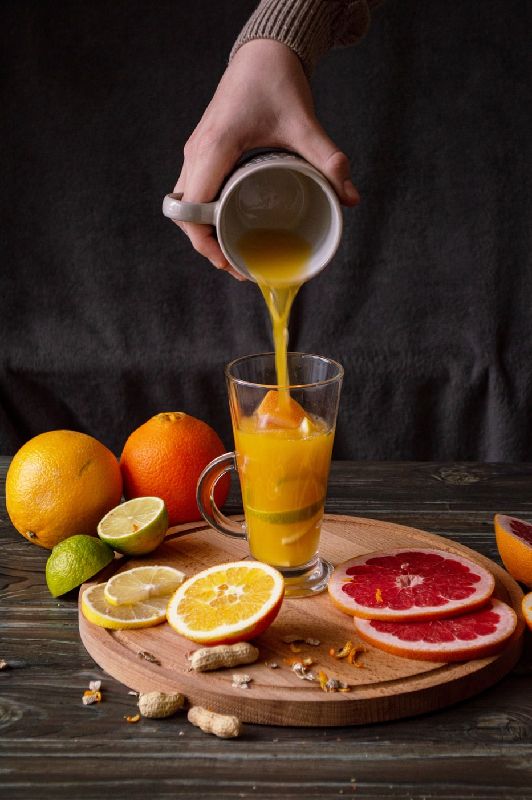
Dieters often closely watch what they eat, but forget to pay attention to what they drink. Yet this can make up more than 20 percent of our daily calorie intake.
Health and fitness expert Susan Aaronson, of the University of Michigan US, says, “believe it or not, more than 20 per cent of our daily calories come from the things we drink”. But the World Health Organisation recommends that people consume only about 10 per cent of their calories from liquids. Those extra calories from liquid beverages are adding to the obesity epidemic, making it more difficult for people to lose weight. So, if you are watching what you eat and exercising in the hope of losing weight, you should pay just as much attention to the empty calories you may be unknowingly guzzling every day. They could well be counteracting any good you’re doing through lifestyle changes.
Obesity is a growing problem in the UK. According to the NHS, 1 in 4 adults are affected by obesity today, and we are now one of the fattest nations in Europe. As a result, thousands more people will suffer obesity-related diseases such as cancer, heart disease and type 2 diabetes. While dietary changes and increased activity are key to tackling obesity, more attention needs to be paid to the drinks that are consumed, says Aaronson. To make healthier drink choices, you should start to think about how many calories you are consuming in liquid form.
Calories from sugar are defined as empty calories. So, sugar-laden drinks contribute to weight gain and tooth decay and have no nutritional value. Fizzy soft drinks are full of sugar and empty calories, making them a major contributor to obesity, says Aaronson. If you chose to eliminate one can - which contains about nine teaspoons of sugar - each day, you can lose about a pound in one month. Over the course of a year, that equates to 15lbs. If you can’t live without fizzy pop, switch to diet varieties and then only have them as an occasional treat.
License this feature
The body of this feature has been restricted...

